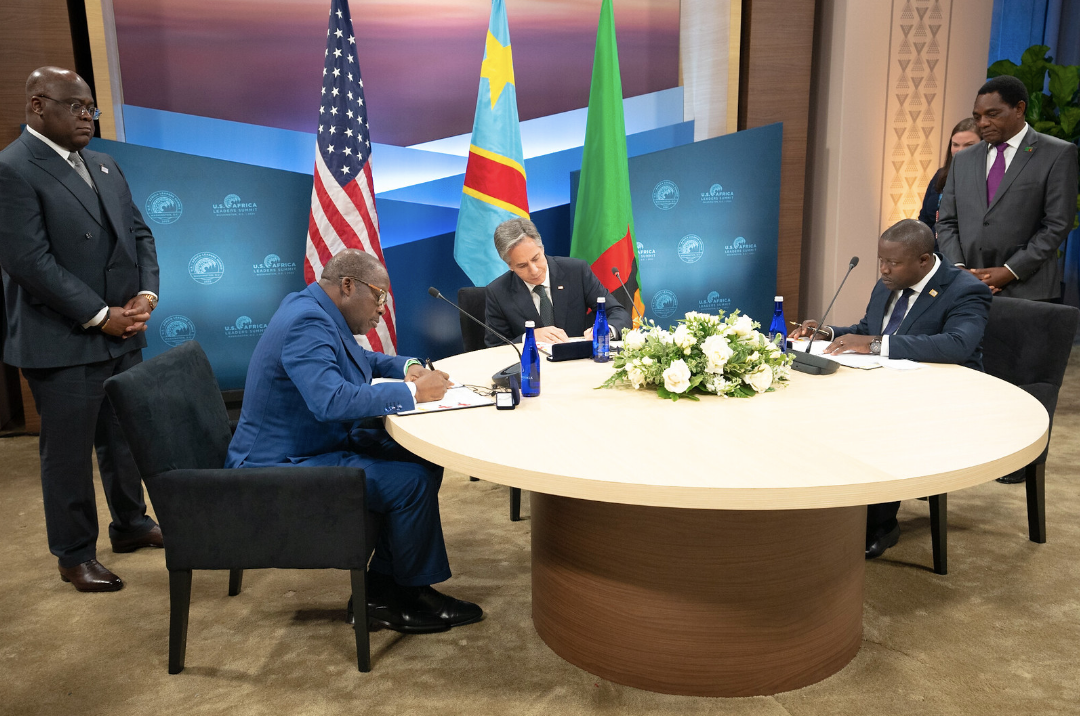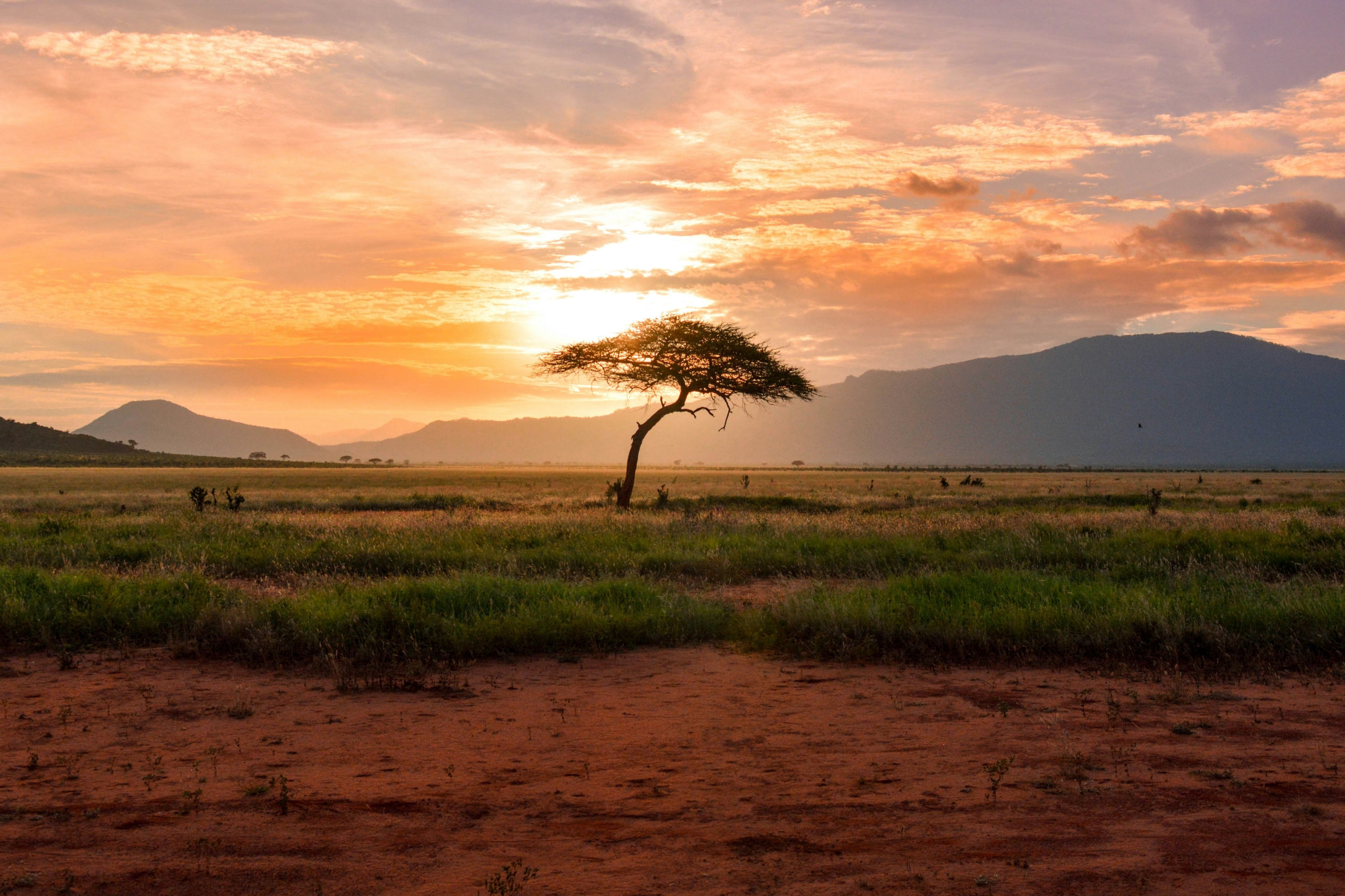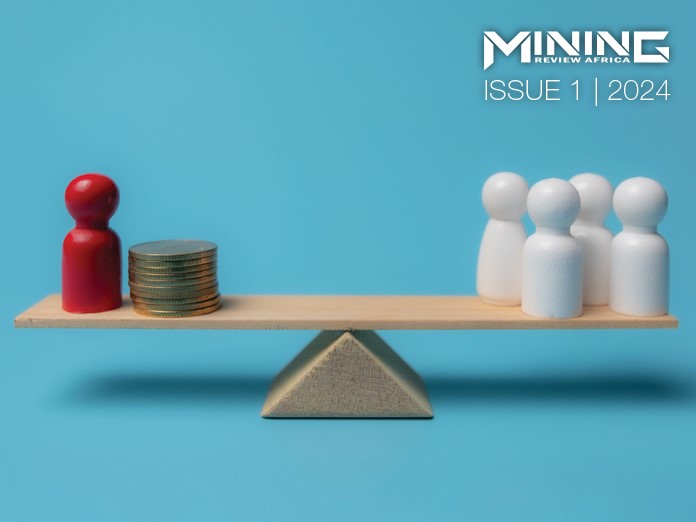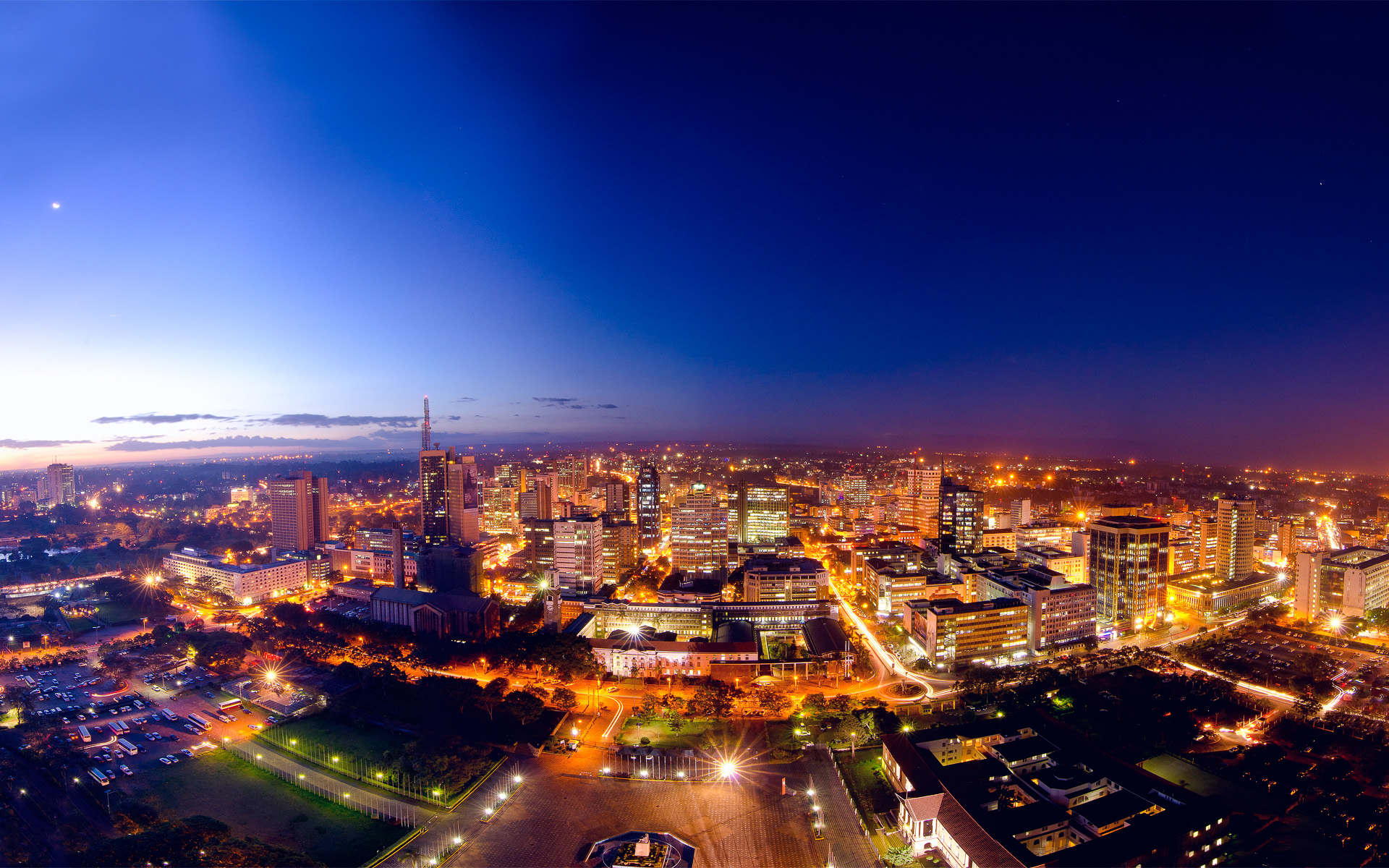Competition intensifies for Africa’s critical minerals

Global leaders are increasingly recognising the urgency of climate change and developing strategies to navigate the energy transition. African countries are both among the most vulnerable to the effects of climate change, and central to reducing global carbon emissions. The continent is home to an abundance of critical minerals required for the energy transition, including copper needed for power lines; cobalt, nickel, lithium and graphite required to make batteries; and platinum group metals, which are central to electrolysis and green hydrogen production.
However, geopolitical rivalries risk hindering the energy transition, at a time when global cooperation is needed to address the climate emergency. The war in Ukraine has had a dramatic, immediate impact on African populations, but an armed confrontation in the Asia-Pacific region, driven by China-US rivalry, would have even more serious consequences.
Africa is increasingly the site of competition between China and Western nations, all of which are vying for control over critical minerals. This geopolitical rivalry is strengthening African agency, and emboldening leaders to assert themselves on the international stage. The challenge will be to move beyond the grandstanding and resource nationalism of decades past and to ensure that this opportunity is leveraged in the interest of citizens and the achievements of global goals.
China’s grip on critical minerals
China currently dominates the critical minerals market. Chinese firms own or operate the majority of cobalt mines in the Democratic Republic of Congo (DRC). They are also at the vanguard of the development of the Zimbabwean lithium industry, which delivered its first shipment to China last month. Zimbabwe has 690,000 tonnes of untapped lithium resources and is earmarked as an alternative production centre, capable of rivalling Australia and Latin America. Beijing also has a stranglehold over critical mineral processing – despite African ambitions to promote value addition. 73% of the world’s cobalt is refined in China, as well as 68% of nickel, 59% of lithium and 40% of copper, according to the Brookings Institution.
Chinese dominance has emerged thanks to high-level political support. Mining deals have been signed at both bilateral meetings and multilateral summits, such as the Forum on China-Africa Cooperation (FOCAC). However, Beijing’s control over African mineral resources has not been without controversy. Deals are increasingly scrutinised – and sometimes contested – by civil society and government.
In March 2023, a Congolese judicial investigation into the Sicomines contract – agreed by then-president Joseph Kabila and Chinese investors in 2008 – concluded that the DRC received only USD 3 billion dollars, relative to the USD 76 billion which Chinese counterparts made from the deal. DRC’s current president Félix Tshisekedi has been a vocal critic of the Sicomines deal, and in May 2023 he travelled to Beijing to negotiate a new USD 6 billion infrastructure-for-minerals agreement with Chinese state-owned enterprises. The visit resulted in the two countries strengthening cooperation in several areas, but the finalisation of the mining deal was postponed until late 2023 and may be sidelined by impending elections.
Chinese investments in Southern Africa have also come under criticism from civil society over concerns that projects will benefit outsiders at the expense of host communities. In South Africa, local community leaders led strikes at the Jinchuan-owned Wesizwe platinum mine, leading to the shutdown of activity February 2022. In Zimbabwe, a local organisation, the Centre for Natural Resource Governance, expressed doubts about the potential economic impact of a planned USD 2.8 billion battery metals industrial park.
The West wakes up
For almost two decades, China has been able to assert its dominance over critical minerals unchallenged, in Africa and beyond. US-listed Freeport-McMoRan sold its interests in the Kisanfu and Tenke Fungurume copper-cobalt mines in DRC to China Molybdenum over the course of 2016-2020, without much pushback from the White House. Indeed, US media interest focused on the purported role of Hunter Biden, son of Joe, in the transaction; while the Trump White House became preoccupied with the US-China trade balance, rather than Beijing’s control over key inputs. It was only after the Democrats returned to power that the US took material measures to reduce Beijing’s dominance over critical mineral supply chains.
The Biden administration has advocated “friend-shoring” in the belief that like-minded states make for trusted trade partners. In June 2022, the US and EU teamed with other liberal democracies, including Australia, Canada, Japan, South Korea and the United Kingdom, to launch the Minerals Security Partnership – an initiative promoting resilient supply chains and higher environmental, social and governance (ESG) standards. The Inflation Reduction Act also introduced subsidies for the processing of critical minerals sourced in America and the twenty countries with which the US has a free agreement in place. In March 2023, the EU adopted the Critical Raw Materials Act in a bid to promote greater European investment along the value chain. However, these regulations will need to be accompanied by concrete measures to de-risk projects in Africa if the desired investment is to materialise.
Africa’s place in the Great Game
If Africa is to realise this historic opportunity for investment in its natural resources, leaders must favour partnerships that strengthen local technical capacity, drive industrialisation and create jobs. In December 2022, the US, DRC and Zambia signed a MoU for the establishment of a Special Economic Zone for electric vehicle battery production. Yet, for America’s apparent goodwill to materialise, African partners must be firm about their development needs, and use the Biden administration’s interest in strong ESG standards to drive through new regulations which promote greater sustainability and transparency in their extractive industries. A clear and efficient regulatory framework is essential if DRC and Zambia are to attract reputable investors, including listed companies with strict ESG requirements.
Enhanced oversight of critical mineral extraction and processing is also set to promote a greater focus on standards among Chinese operators, which remain central to the critical minerals industry and key to achieving the energy transition. African governments, state-owned mining companies and civil society organisations are likely to expect Chinese investors to develop mutually beneficial projects, forcing them to strengthen their focus on sustainability, host community issues and local content.
As the energy transition advances, so will Africa’s importance on the international stage. The challenge for governments will be securing a fair deal – one which enables them to maximise the potential of finite natural resources and drive development. Whether this comes from China or the West will be down to individual investors and their risk appetites. The US, EU and their allies have started to make the case for investment, but much work lies ahead.
About the author
Alix Bouheddi is an Associate Consultant at Africa Practice, with a particular focus on energy, mining and geopolitical issues. The above represents his views and not those of Africa Practice. Alix can be contacted at [email protected].
Proud to be BCorp. We are part of the global movement for an inclusive, equitable, and regenerative economic system. Learn more


